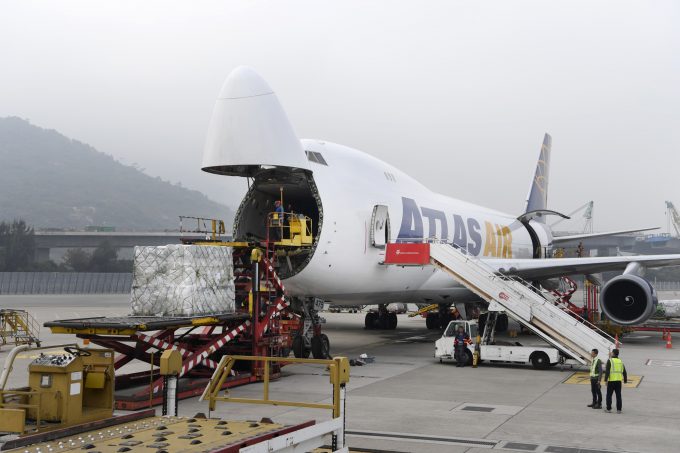Freighters shun China-US as tariff deadline looms
Double-digit changes in freighter capacity have revealed a swiftly adapting airfreight market, with companies such ...

News this week that Hapag-Lloyd, at one point, was worth some $10bn more than the entirety of AP Møller-Maersk, has cast some doubt over the veracity of stock prices.
Just a day later, Atlas Air’s share price fell some 15% – in fact, this week it ...

Comment on this article